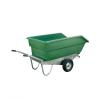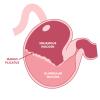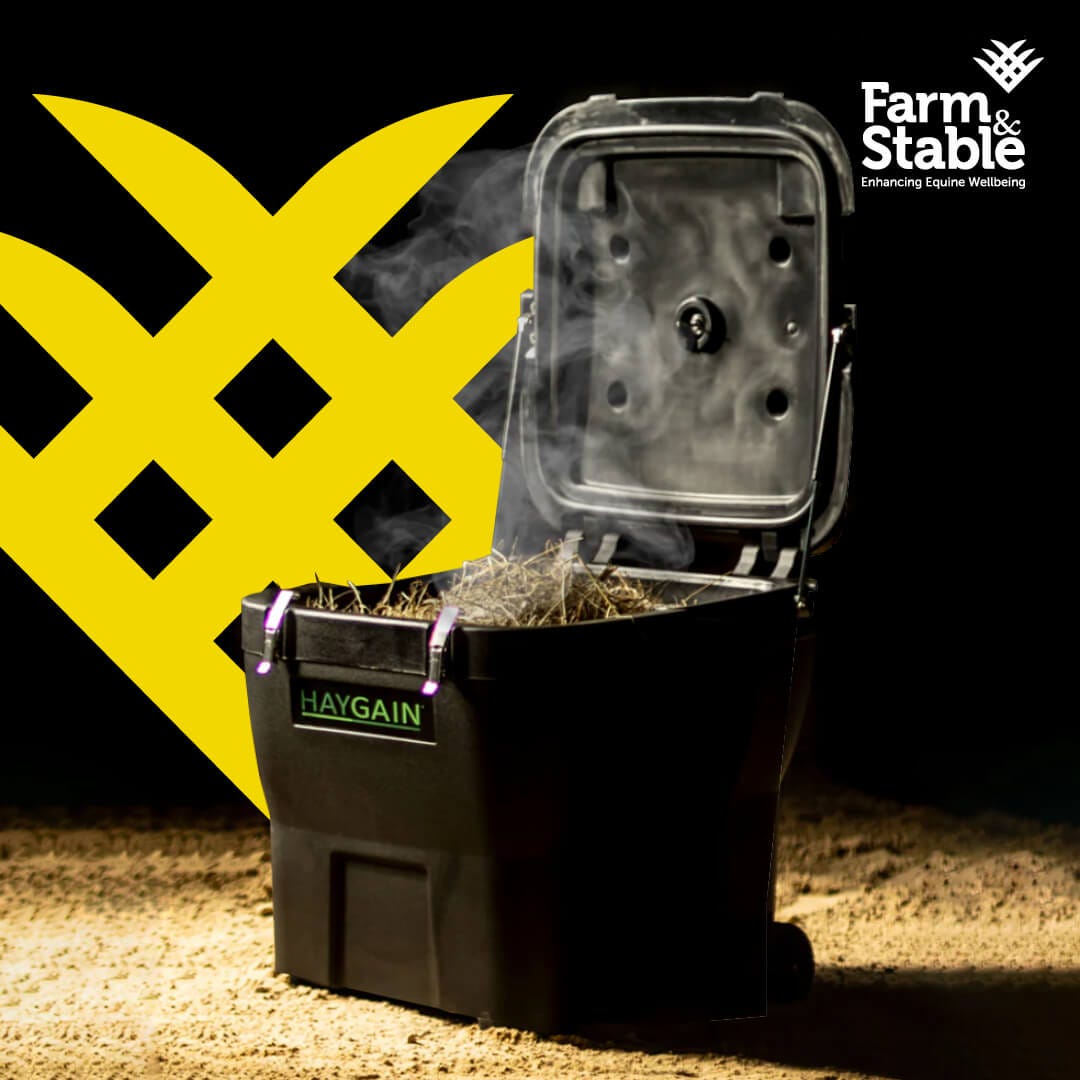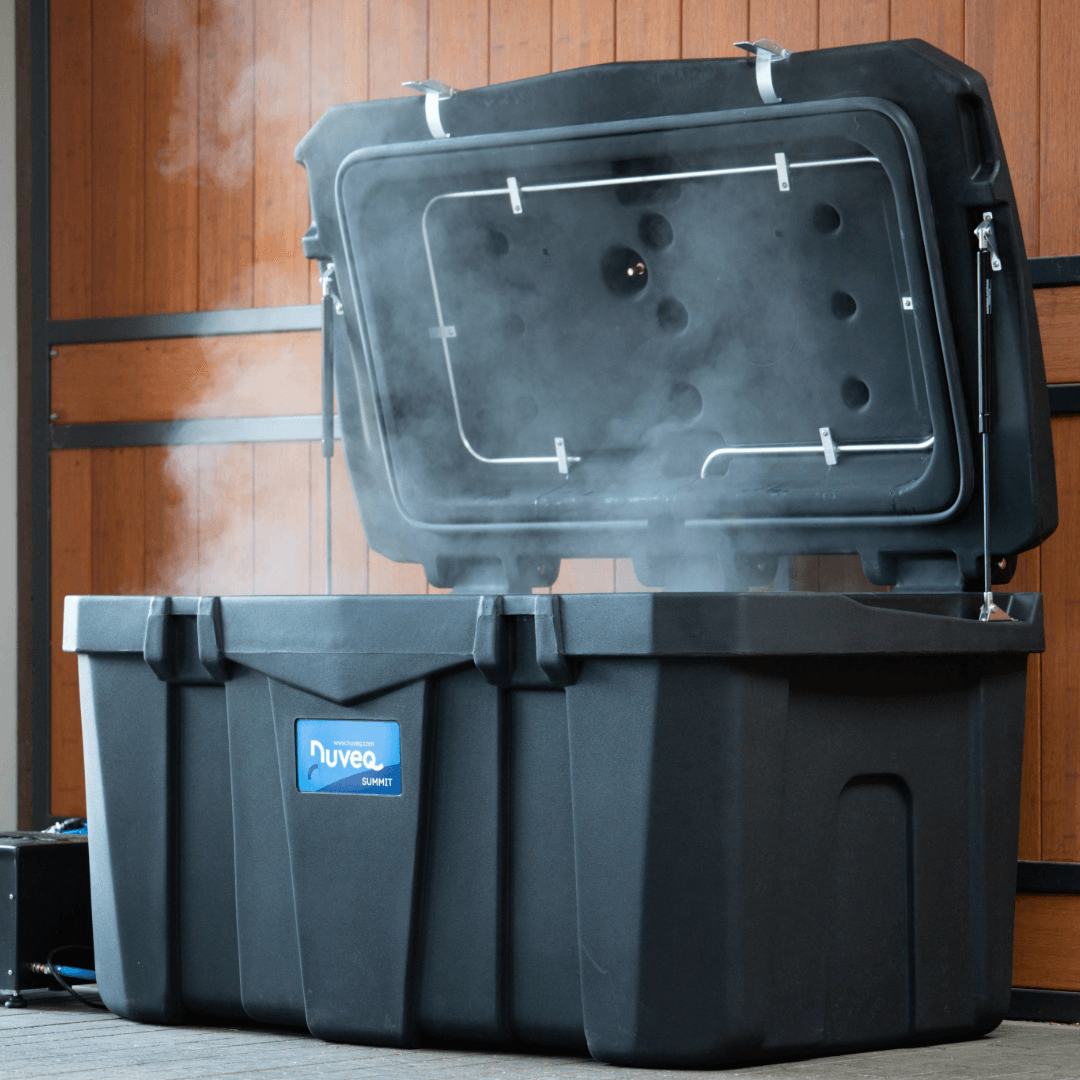Farm & Stable Worming guide: Everything you need to know about worming and buying wormers


Introduction to us
At Farm & Stable, we are passionate about giving horse owners, trainers and riders the tools to provide the best in equine care and management. This involves sharing our years of knowledge and expertise in enhancing equine wellbeing. Therefore, we have used the knowledge of our SQP's to create a 'Farm & Stable worming guide' that contains everything you need to know about worming and buying wormers.
There are currently 8 SQP’s at Farm & Stable, and collectively they have over 90 years of working in the industry advising and collaborating with horse owners to make bespoke programs and settling wormer queries. We also have 2 trainee worming specialists too – with a constant drive to always improve our customer service – our aim is to have our entire customer service team RAMA qualified by the end of the summer.
Why is worming so important?
Throughout the year, seasonal weather promotes the growth of parasitic worms, particularly during wet warm months. There are many types of worms that can infect horses, and each type has a different lifecycle and becomes active at a different time of year.
These worms have the potential to cause your horse serious harm. If left untreated, a worm burden can cause irreversible damage to the gut and the surrounding organs, poor body condition, weight loss, or poor growth. It can also cause colic, scouring, and even death.
That is why an effective worm control program, all year round, is essential for the health and well-being of your horse. For this reason, we want to provide as much information as we can, at zero cost, to help you with your program.
Remember, for a free bespoke worming program, simply call 01730815800.
Legalities of prescribing wormers
In the UK, there are two classes of medicines available only on prescription: POM-V, and POM-VPS.
Prescription-only medicine- Veterinarian, abbreviated to POM-V, can only be prescribed by vets. POM-VPS can be prescribed by any registered qualified person (RQP- a veterinarian, a pharmacist or suitably qualified SQP). A physical assessment of the animal is not required when prescribing this category of medicine, however, sufficient information about the animal and the way it is kept must be known to the prescriber for them to issue this type of medicine.
The prescriber must take into account:
- The circumstances of the animal being treated
- Any other authorised veterinary medical products
- The need for the responsible use of the medicines once they have been prescribed
- The ability to administer the product
- Any available animal health plan
What information do I need in order to buy wormers online?
Wormers are a type of medicine, and as such SQPs are required to follow the legalities surrounding the prescription of the given class of drug. See above the information SQPs are required to know.
There are strict guidelines when it comes to prescribing wormers because in the wrong hands, or when they are miss used, they could cause harm to animals, humans, and the environment.
Therefore, you will need to complete our animal information form on your online account, and verify the information every time you order wormers from us. It is to protect public and animal health, and promote animal welfare by ensuring the safety, quality and efficacy of all aspects of veterinary medicines in the UK.
As a company, it is our responsibility to collect this information from you and to verify that you are using it for the stated purpose. We do not share this information with any other company unless we are asked to disclose this by the authorities.
What are the limitations of SQPs?
Simply put, a vet can diagnose, an SQP is only qualified to advise. This means if you come to an SQP asking them to tell you what type of disease your horse has, they cannot diagnose this. However, once your horse has a diagnosis, they are very capable of advising you on the best course of action to treat your horse’s condition. For example, they can tell you the best way to treat redworm & which wormer to use in the autumn.
Suitably Qualified People are registered with AMTRA or another SQP registration body that is appointed by the secretary of state.
AMTRA is the governing board, RAMA is the qualification/certification that as SQP will hold if fully qualified.
To be an SQP it is necessary to have passed examinations recognised by the AMTRA or other SQP bodies. These regulatory bodies are legally required to ensure SQPs are meeting their professional obligations.
An SQP may only supply medicines that fall within the scope of their registration. These are separated as follows:
- Food producing animals
- Equines
- Companion animals
- Avians (poultry or other birds)
- Any combination of the above
Who are the SQPs at Farm & Stable?
Below are the names of the team members, along with the number of years they have been practising since passing their qualifications, and the animals they are qualified to advise on:
Jessica Dodd- 3 years - equine
Giles Wickland- 17 years - farm animals including poultry/equine/companion animals
Kevin Tennent- 10 years - equine/companion animals
Malcolm Kilbey- 23 years - farm animals including poultry/equine/companion animals
Edwin Kerkham- 22 years - farm animals including poultry/equine/companion animals
Bruce Kilbey- 13 years - equine
Andrew Kilbey – 14 years - equine
Laurence Newton- 14 years - farm animals including poultry/equine/companion animals
Ella Cook- In training for an SQP equine qualification
Rhiannon Moggach- In training for an SQP equine qualification
You can check the registration status of all our SQPs by following the links here.
Worm egg counts – what are they and do I need to do them?
Worm egg count kits are designed to test the worm burden of your horse for certain worm species. They work by examining the dung for an infection level of adult, egg-laying redworm (Cyathostomin/ Strongyles), roundworm (Ascarids) and intestinal threadworm (Westeri) they should play an important role in your worming regime. This is because they can give some guidance on whether you should worm or not, as well as give an indication of whether a wormer is proving efficacious.
Worm egg counts should not be regarded as total control, they are intended as a guide and do not indicate all worm species.
At Farm & Stable, we strongly recommend that all horse owners & yards perform Faecal Worm Egg Count (FWEC) as a standard part of your worming protocol.
How do I avoid worming resistance?
Worm egg counts are often promoted as the best means to avoid ‘unscary worming’ and to reduce the risk of wormer resistance. However, it is a common misconception that the only way to avoid wormer resistance is to avoid worming where possible.
A large reason that this theory is false is due to the unreliable nature of worm egg counts- just because the worm egg count indicates a low burden it does now necessarily mean that you should not worm.
Rather than avoiding worming, the best course of action to take to reduce wormer resistance is to rotate wormers throughout the year. This is because the parasite will not be able to adapt to varying drugs. Another reason for doing this is that no anthelmintic is 100% effective 100% of the time against all worm species. Another really important step you must take in order to reduce the risk of resistance is to make sure you are not underdosing. Make sure you give the full dose correct of wormer (which is determined by the weight of your horse). If you underdose some of the parasites in your horse may survive and reproduce with some tolerance to the administered drug.
To ensure you are administering the correct dose, get your weigh tape here.
What can I expect on wormer prices?
The price you see online will be the most up-to-date and correct price you can expect for the wormer. However, if you require a large number of wormers (this could be 20+) – then please get in touch, we may be able to offer a special price if you would like to buy in quantity. We will also be able to discuss with you our free bespoke worming programme – providing you with all the information you need to worm all the horses on your yard across a year.
Which wormer should I use this Spring/Summer/Autumn/Winter?
While there are different wormers to target different parasites throughout the seasons, there are several factors that will influence which wormer you should have at the given time of year. Some factors include the type of horse you have and what your horse had previously. The best course of action is to get some advice from one of our SQPs, they are always happy to help. But for some general advice, see the links below.
Everything you need to know about Winter worming
Spring and Summer equine worming
All you need to know about Autumn worming
What to do if worming is centrally controlled on my yard?
In most cases where worming is controlled centrally on yards, the administrators are very well practised and experienced when it comes to worming a wide variety of horses.
However, you must make sure the administrator is aware of a few things, these include:
- Your horse’s weight
- Any medication your horse takes
- If your horse has been signed out of the food chain (you can check this in your horse’s passport)
- Any changes to your horse’s health
If you are at all concerned with the worming protocol in place on your yard, please do not hesitate to get in touch.
What wormers can I give to pregnant mares?
The biggest thing that will affect which wormer to use for your pregnant mare is the stage of their pregnancy and this is best to be discussed with one of our SQPs.
Fenbendazole and Ivermectin are two popular active ingredients for pregnant mares as these are both licenced for both pregnant and lactating mares. These wormers are safe to give to breeding, pregnant, and lactating mares and have been shown to not adversely affect the fertility of broodmares.
Threadworm is a concern for pregnant mares as it can be passed through the mare's milk to infect the foal after birth. Therefore, some people choose to proactively treat threadworm with a dose of Moxidectin 4 weeks before the foaling due date for early foals. Ivermectin is also a very good wormer to use for this 1 week before the foal is due. This also helps protect the foal against parasites that it is commonly susceptible to after birth, however, some people prefer not to give the unborn foal a dose of medication and a healthy foal may develop immunity to this parasite at around 6 months old whether you worm or not.
Nevertheless, be aware that not worming a foal has a very high risk and is a common reason for foal deaths and damage later in life, we would argue that it's not responsible to leave foals un-wormed. See more on worming foals below.
Also, note that the general rule is that you should administer 10% more anthelmintic to a pregnant mare once they have gone into their second trimester of gestation.
How to worm a foal?
Effective parasite control is vital from the very start. While foals are born parasite free, they are often exposed to them within just a few days after birth, and as the foal gets older and grazes more, the risk of parasites only gets larger. Therefore, managing this is key to giving your new arrival the best start. You should note that the mother of the foal should not be wormed until at least 2 weeks after giving birth- unless advised otherwise by your veterinarian. This is because metabolites from the wormer can be passed through the mare's milk and affect the foal.
The advice is that once your foal has reached 1 month old it can be treated with Fenbendazole. While usually knowing the exact weight of your horse is a very important part of worming, it is accepted that it is very hard to determine the precise weight of a foal. Therefore, a generous dose of medication should be given on the grounds that it is better to over-estimate to ensure an effective amount is given. This advice is only applicable in this scenario and exact dosing should be followed on all other occasions. Panacur for instance, includes Fenbendazole and has a particularly high safety margin, with toxicity only becoming a risk at over 50 times the normal dose rate.
Once the foal has reached 6 months old, their worm burden should be tested with a worm egg count every 6-8 weeks until a yearling and deworm when needed. In the winter both the mother and foal should be either blooded tested or wormed to protect against the possibility of encysted redworm- the most common and harmful parasite found in horses.
What you need to know if your horses live near/with donkeys
Donkeys are thought to be the natural host of lungworms- they can tolerate a large infestation of lungworms without apparent signs. Conversely, horses or ponies with a lungworm burden will be harshly affected, with symptoms such as severe coughing. Horses are almost never infected with lungworm unless they live near/with donkeys. This is because lungworms are host-adapted, and horses are not their natural host.
In donkeys, the adult lungworms live in the terminal bronchioles and can be found in the major airways. Following reproduction, immature lungworms and be coughed up, swallowed, and then passed out into the faeces which infects the pasture for horses. While horses can be infected by lungworms, the parasite cannot reproduce inside horses, making horses a dead-end host. This then becomes a problem when testing for lungworm because, as the parasite does not reproduce inside the horse, eggs and larvae will not be present in the horse's faeces and so may not show up on a faecal worm egg count kit. Ivermectin is effective at treating lungworm.
Horses living within a 1-mile radius of donkeys are considered to be at a higher risk of lungworm. Please speak to one of our SQPs for more information.
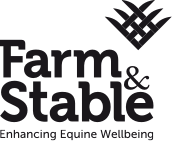

 Forgotten your password?
Forgotten your password?  Free Delivery on all orders over £95+VAT
Free Delivery on all orders over £95+VAT
